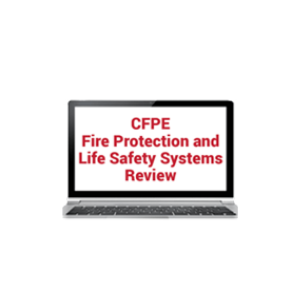
Stop Public Records (FOIA) Requests for BWC Footage from Rocking Your Boat
Participation from R2 Community
Basics
-
Est. # of Attendees
-
Event Categories
In Person, Webcast | Webinar
-
Event Type
In Person
-
Relevant Agencies
Federal Government, Other Federal Agencies, State & Local Government
-
Topics
Content Management, Law Enforcement, Records Management
Description
Body-worn cameras (BWC) have changed how the public perceives police accountability and transparency. Along with this greater awareness has come calls for releasing BWC video release after critical incidents, putting pressure on public records offices. That can mean increased need for response as well as trying to create policy to meet rising interest.
While large agencies have the resources and expertise to research, develop and write their own policies, most police departments don’t have that luxury. Some purchase from law enforcement policy solution providers, others copy what is perceived to be good policy from neighboring agencies, and others still just try to write it on their own.
Under all these circumstances, Records personnel can find themselves in a very difficult position when it comes to responding to public records requests. How can agencies, in particular Records personnel, navigate all these challenges?
Planning, developing, and implementing solid policies and processes to release body worn camera (BWC) video pursuant to requests are keys to success. Learn the tips that your agency can implement to make this goal a reality during our upcoming webinar “Stop (FOIA) Records Requests for BWC Footage from Rocking Your Boat.” Dan Zehnder, retired Captain at the Las Vegas Metropolitan Police Department, and current president of Principis group will share his hard-earned insights into best practices around managing public records (FOIA) requests for BWC videos, and how new technology and tools, such as GovQA, can make the process of handling BWC requests more efficient.
Who Attends
Anyone with the roles and responsibilities of fire plan examiner: fire service professionals, code officials, AHJs, insurance professionals, and others expected to maintain this certification as part of their employment requirements.



